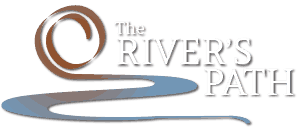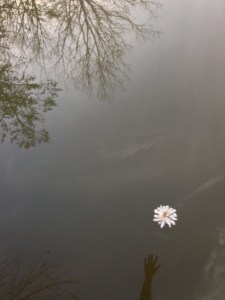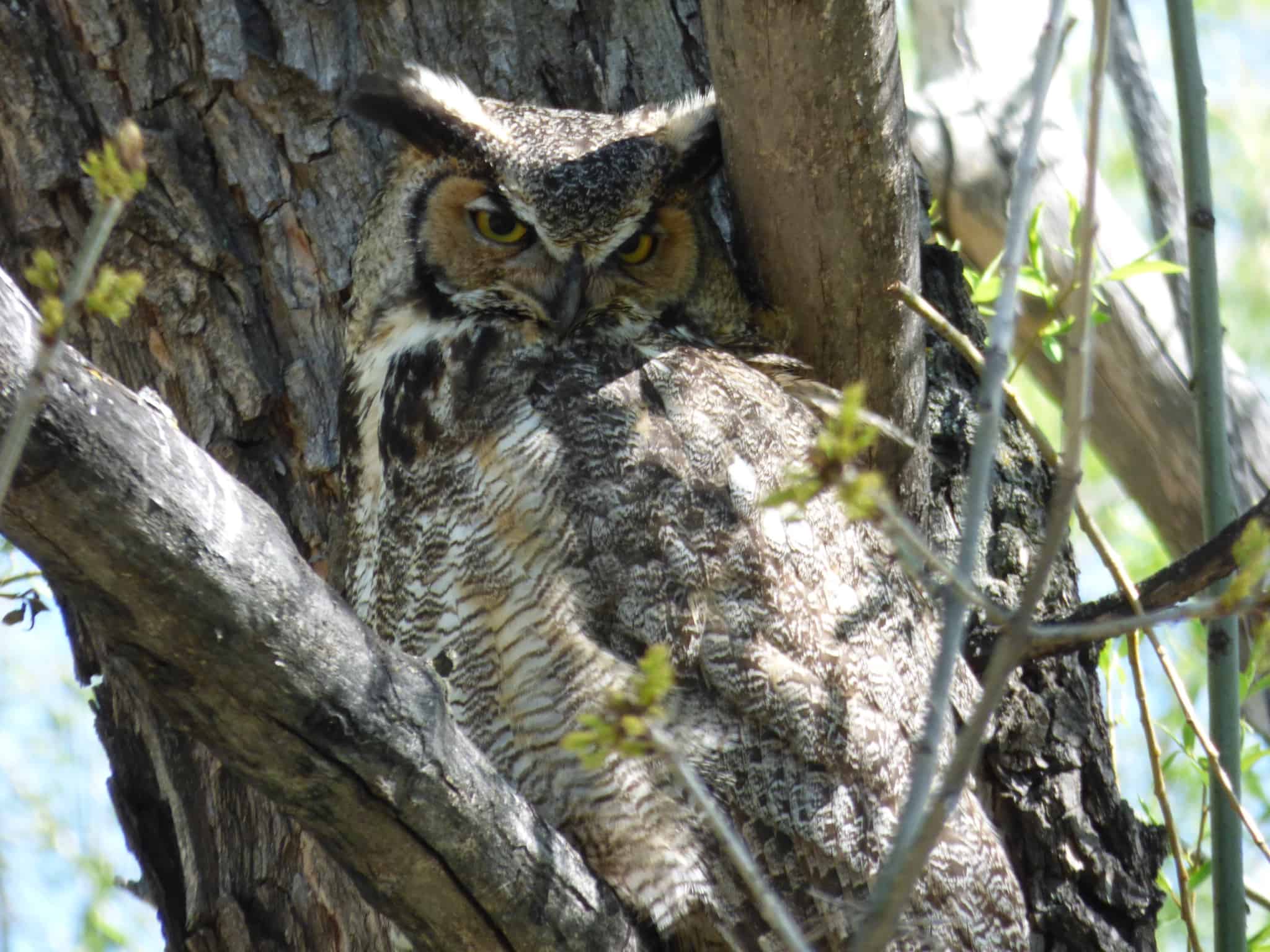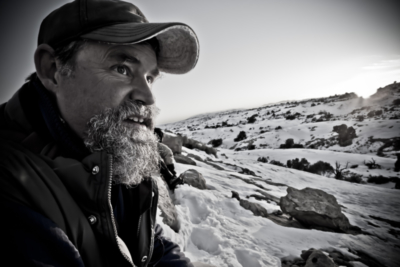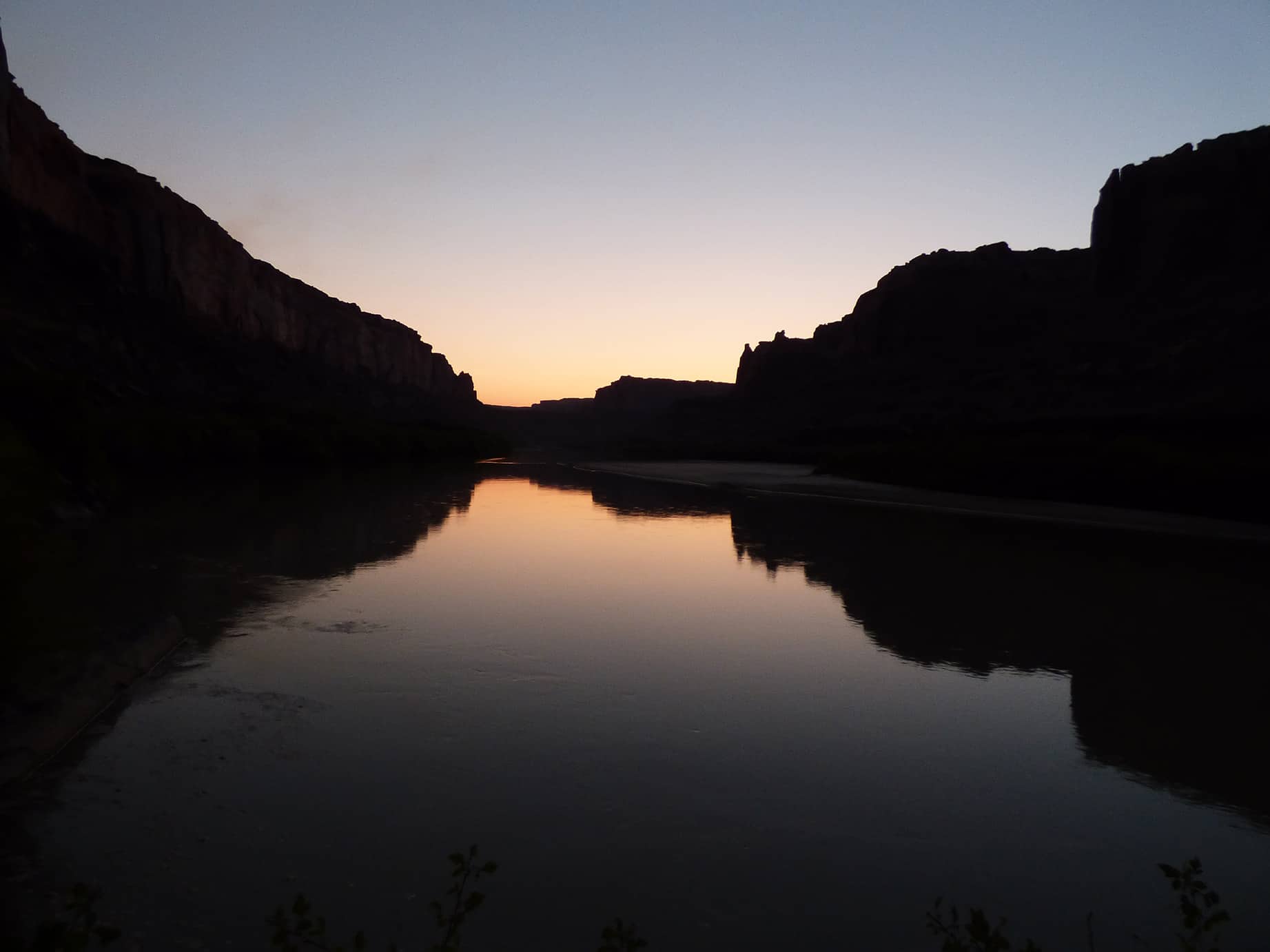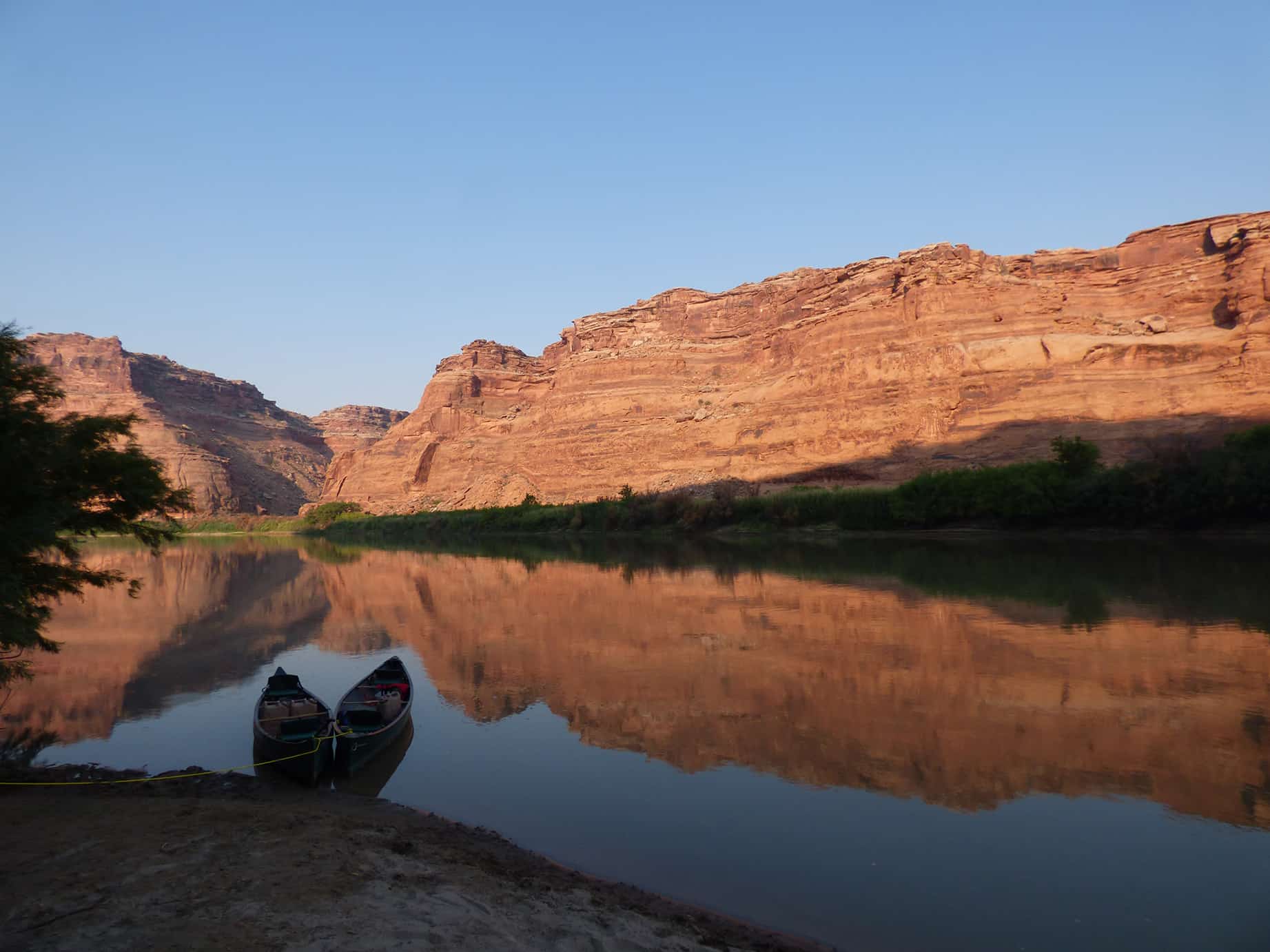What can we learn from the language of nature, and how does our silence facilitate that education?
Last week, 35 people journeyed to Marble, Colorado to begin a 10-day meditative retreat led by The River’s Path and Impermanent Sangha Retreats. As an exploration of the eco-dharma—the environmental teachings of the Buddha—participants will engage in silent reflection throughout the retreat. The purpose participants’ silence is not to extinguish communication by not speaking, but rather to open themselves to new channels of communication in nature.
The language of nature is a language that transcends words, which makes it difficult for us to comprehend. For many people, the idea that nature communicates with us through plants, water, or rocks is a radical notion. Because Western teachings train us to utilize language to promote things like “progress,” “development,” and “economic growth,” too often we ignore the language of nature, where these terms have no meaning.
In English, space and time are described linearly and relative to the speaker. We typically describe our lives like this: “I was born in Wisconsin. I left my hometown at age 18 to pursue my degree in Michigan. My spouse and I married after we graduated, and moved to Pennsylvania for our careers. Finally, when I was 65 I moved to the East Coast for a change of pace and to retire.”
In this example, the author describes their life as a chronology of progress: They pursued an education, graduated, married, contributed to society through their career, and retired. The author writes subjectively, and describes space (“my hometown”), time (“at age 18”), and other people (“my spouse”) as they exist related to the speaker. Naturally, when we speak and think in this manner, we leave ourselves very little room to learn from outside perspectives. We view everything from the inside out, and place ourselves in the center.
According to the Global Language Monitor, the English language currently contains 1,035,877 words. That’s just over one million words to describe every single emotion, circumstance, object, and sensation that we experience in our lives. It seems impossible that so few words could accurately describe the complexity of our world.
We can learn from languages that approach concepts like space and time differently than we do—even “languages” that are not human. Nature speaks such a language. Nature embodies cycles, adaptation, and rebirth. Wildfires, the carbon cycle, and the water cycle illustrate these values. In contrast, Western culture inherently values progress, development, and efficiency.
Nature functions objectively rather than subjectively: The sun always rises in the east, every being dies eventually, one rotation of the Earth on its axis will always take about 24 hours. Western culture, on the other hand, idolizes the individual’s perspective, personal opinion, and freedom of choice.
While Western culture’s value of independence can be liberating for some people, the implications can be debilitating for others. Human relationships—and more so than ever before, the health of the environment—are tested by Western ideologies, and all sense of community interdependence disintegrates within them.
Nature embraces symbiosis, mutually beneficial relationships, and synergistic communities. Even the briefest of studies in ecology will illustrate this. When we take time to observe these functions and cycles and align ourselves with them, we can learn powerful lessons in the beauty of interdependence, rediscovery, and personal growth in general. We develop a stronger sense of community, and learn to adopt the pace of nature, which allows us to practice compassion for one another and for our planet. The English language focuses on the “self” rather than the “collective” or the environment around us—but switching channels to the language of nature allows us to tune into the wealth of knowledge nature has to share with us.
For more information about Impermanent Sangha Retreats and the eco-dharma, please visit their website here.

